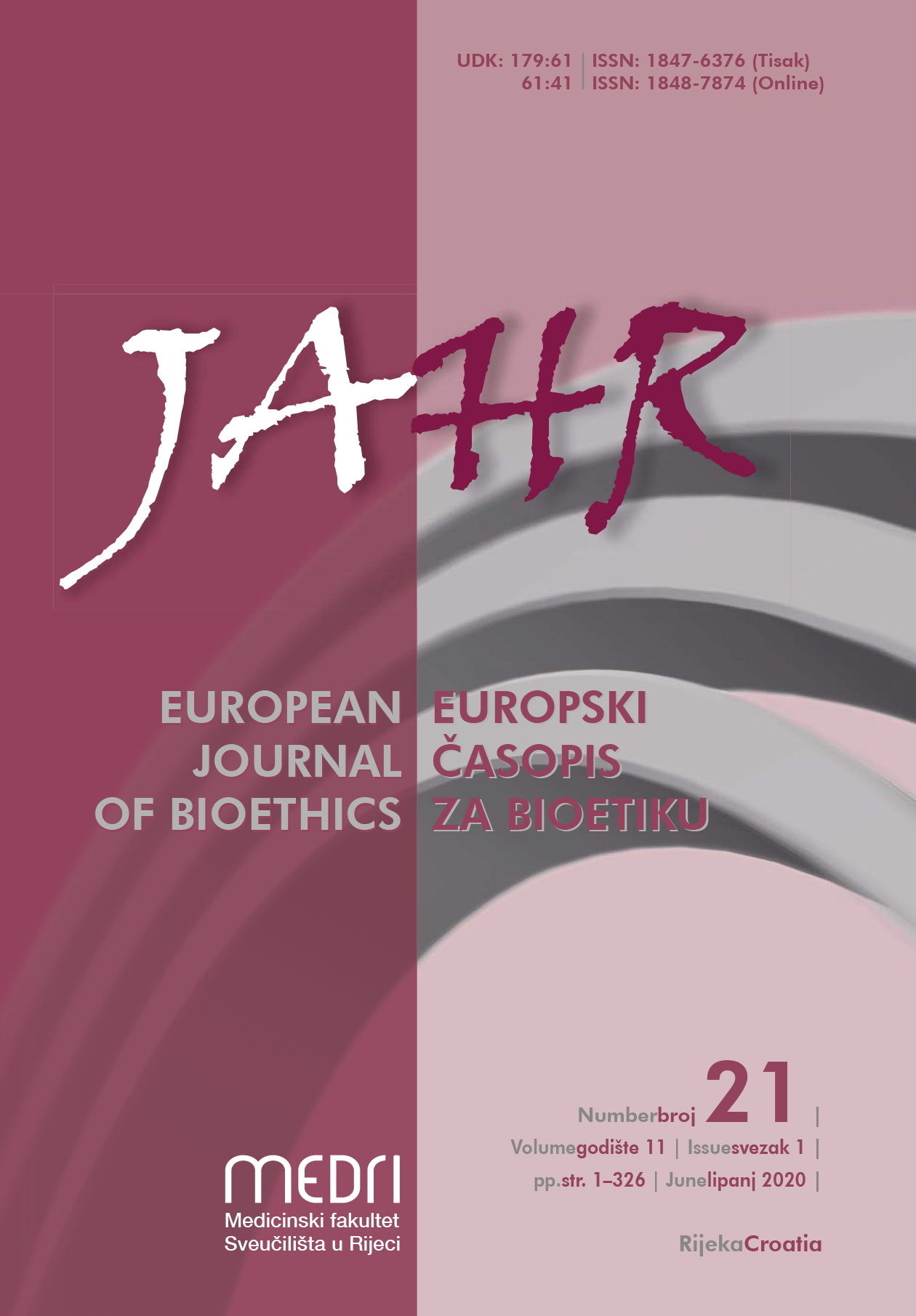Groundwork of Artificial Intelligence Humanities
Keywords:
Artificial Intelligence Humanities, content of the humanities, methodology of the humanities, PosthumanismAbstract
https://doi.org/10.21860/j.11.1.10
The aim of the Artificial Intelligence Humanities is to present humanistic suggestions for our lives and academia regarding how humans will live in a smart city surrounded by artificial intelligence technology. With that purpose in mind, we introduce the groundwork for the Artificial Intelligence Humanities and share our related concerns. As a concept, “Artificial Intelligence Humanities” comprises three elements: “artificial intelligence,” “content of the humanities,” and “methodology of the humanities.” The “content of the humanities,” comprises the derivatives of the traditional humanities, namely, linguistics, literature, history, ethics, sociology, and cultural studies. These five research areas, along with the discipline created through the traditional humanities’ acceptance of the changes brought by the age of intelligence, are derived by reflecting on oneself and the world, and they are applied to the world as it exists today in the age of artificial intelligence and the humanities.
Downloads
Published
Issue
Section
License
Authors who publish with this journal agree to the following terms:
- Authors retain copyright and grant the journal right of first publication with the work simultaneously licensed under a Creative Commons Attribution License that allows others to share the work with an acknowledgement of the work's authorship and initial publication in this journal.
- Authors are able to enter into separate, additional contractual arrangements for the non-exclusive distribution of the journal's published version of the work (e.g., post it to an institutional repository or publish it in a book), with an acknowledgement of its initial publication in this journal.
- Authors are permitted and encouraged to post their work online (e.g., in institutional repositories or on their website) prior to and during the submission process, as it can lead to productive exchanges, as well as earlier and greater citation of published work (See The Effect of Open Access).



